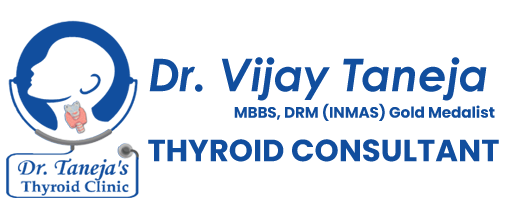

Hypothyroidism is a prevalent endocrine disorder that occurs when the thyroid gland becomes underactive, producing insufficient levels of thyroid hormones. These hormones play a critical role in regulating metabolism, energy, and overall bodily function, so a deficiency can lead to a variety of health problems. The leading cause of hypothyroidism is autoimmune thyroiditis, also called Hashimoto’s thyroiditis, where the immune system mistakenly attacks the thyroid gland. This results in inflammation and reduced hormone production. Other possible causes include iodine deficiency, certain medications, radiation therapy, congenital thyroid conditions, and occasionally, treatments for hyperthyroidism or surgical removal of the thyroid.
Symptoms of hypothyroidism may be subtle at first, gradually worsening over time, which can make the condition difficult to diagnose. Common symptoms include fatigue, weight gain, increased sensitivity to cold, dry skin, hair loss, constipation, muscle weakness, depression, and memory difficulties. In advanced cases, more severe symptoms may emerge, such as joint pain, facial or extremity swelling, and a hoarse voice. Diagnosis of hypothyroidism involves a blood test to measure thyroid-stimulating hormone (TSH) and thyroxine (T4) levels. Elevated TSH combined with low T4 usually indicates hypothyroidism. In some instances, additional testing, such as assessing triiodothyronine (T3) levels or checking for thyroid antibodies, may help confirm the diagnosis and identify the underlying cause.
The primary treatment is thyroid hormone replacement therapy, typically with levothyroxine, a synthetic version of T4. This medication aims to restore normal hormone levels and alleviate symptoms. Finding the appropriate dosage is essential, as it varies from person to person. Regular follow-up and blood tests are necessary to monitor hormone levels and adjust the dose as required. If left untreated, hypothyroidism can result in significant complications, including heart disease, infertility, and mental health issues. Pregnant women with hypothyroidism require special monitoring, as the condition can impact fetal development and lead to pregnancy complications.
In summary, hypothyroidism is a common thyroid disorder that results in insufficient hormone production. Prompt diagnosis and effective management with hormone replacement therapy are key to improving quality of life and preventing complications. Routine monitoring by a healthcare provider ensures that hormone levels remain stable and potential health risks are minimized.